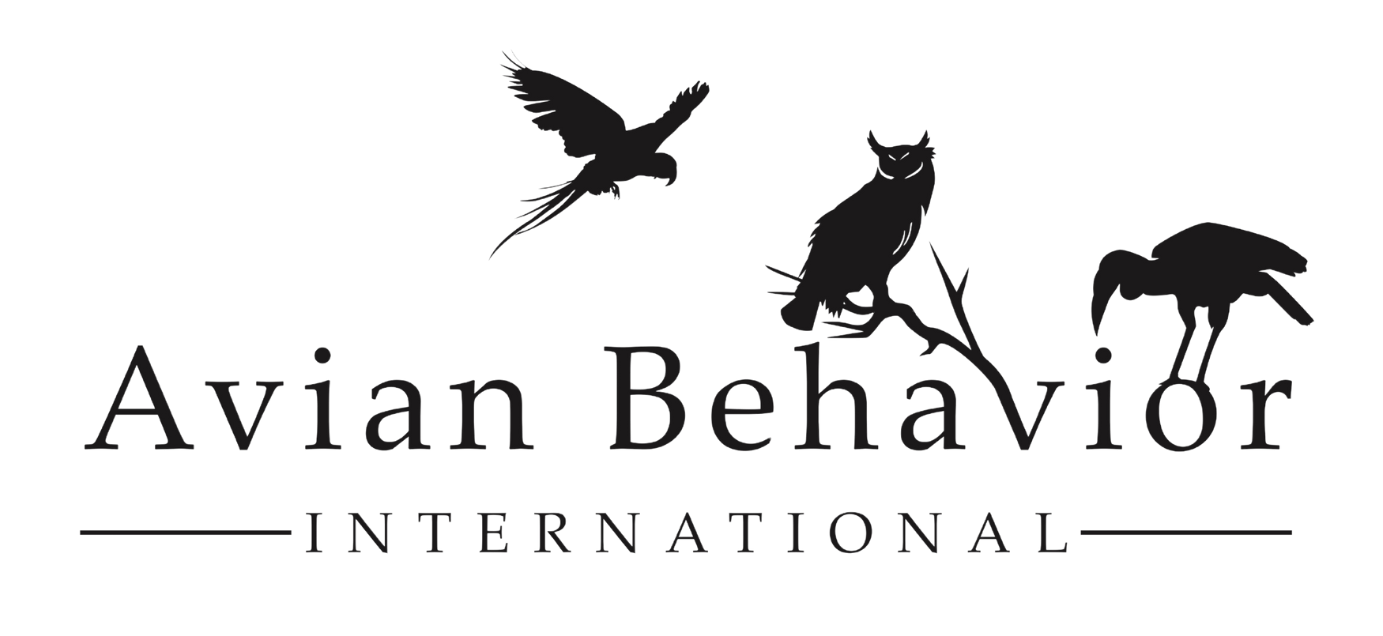
09 May Reframing Parrot Aggression – Key Takeaways from Our Roundtable
Aggressive behavior in parrots is one of the most common—and emotionally charged—challenges faced by caregivers. But too often, it’s a topic that gets reduced to quick fixes and generic advice that doesn’t address the underlying issues.
That’s why we brought together parrot owners, trainers, and behavior specialists to share real-life experiences, uncover recurring themes, and set the stage for our upcoming training resource on managing parrot aggression. Here’s what we discussed.
Purpose of the Roundtable
This was a space to:
- Share personal stories of living with parrots exhibiting aggressive or “attacking” behavior.
- Reflect on the emotional weight of these experiences.
- Identify common patterns and skill gaps in both birds and caregivers.
- Provide a foundation for the upcoming comprehensive training resource on parrot aggression.
Key Themes & Insights
“You’re My Last Hope”: The Emotional Toll
- Caregivers often arrive at this stage overwhelmed and isolated.
- Many feel they’ve “tried everything” but lack the continuous feedback loop to validate or adjust their strategies.
- Emotions like frustration, fear, and even grief are normal—but rarely talked about.
“I felt like I had a bird that would attack me for the next 30 years, and I didn’t know what to do.” — Anita
It’s Not Just Hormones—It’s Skill Gaps
- Aggression is often not a character flaw, but a reflection of unmet needs and underdeveloped coping skills.
- Many birds haven’t learned how to:
- Play independently
- Forage
- Spend time away from their person without distress
- Navigate novel environments or changes calmly
“These birds are propped up on rotten cork—they lack the scaffolding for sustainable behavior.” — Hillary
Freedom ≠ Fulfillment
- A “structure-free” life can paradoxically lead to more stress, not less.
- Birds benefit from predictable routines, choice with guidance, and boundaries that support skill-building.
- True liberty comes when birds are equipped with skills to thrive within their environment—not when they’re given unchecked freedom.
“Not all choice creates happiness. Birds in the wild live with rules, patterns, and boundaries.”
Relationship Reframing
- Cuddly baby birds often grow into autonomous, hormonal adults.
- Caregivers who continue to treat them like children can unintentionally create tension.
- Seeing birds as adult companions or roommates can dramatically improve mutual respect and behavior.
“They’re not babies anymore—they’re adult beings with their own inner world and needs.” — Anita
Compassion with Clarity
- Wing clipping was discussed not as a moral failing, but a potential harm-reduction tool in dangerous situations.
- Reframing structure and safety as kindness, not deprivation, was a recurring theme.
- Professionals and caregivers alike shared the need to balance bird welfare with human safety and sustainability.
“You’re not depriving your bird when you prevent rehearsing aggression. You’re giving them the chance to succeed.”
Practical Takeaways
- Behavior is communication, not manipulation.
- Consistency builds trust. It’s okay to feel anger, fear, or sadness—acknowledge it, don’t shame it.
- Don’t start in the swamp. Many caregivers only seek help when the situation is severe. Early intervention matters.
- Support matters. You are not alone. The emotional component is as important as the training component.
What’s Next?
The roundtable laid the groundwork for our upcoming course on parrot aggression. We’re diving into skill-building, relationship reframing, and creating sustainable routines that set both you and your bird up for success.
If you missed the roundtable, don’t worry—you can still be part of the conversation. Stay tuned for updates, early access, and a chance to share your own experiences as we build this resource.
In the meantime, you can find all of the answers to your parrot and bird challenges inside the Avian Behavior Lab! Join free for 2 weeks with the code AVIAN.

